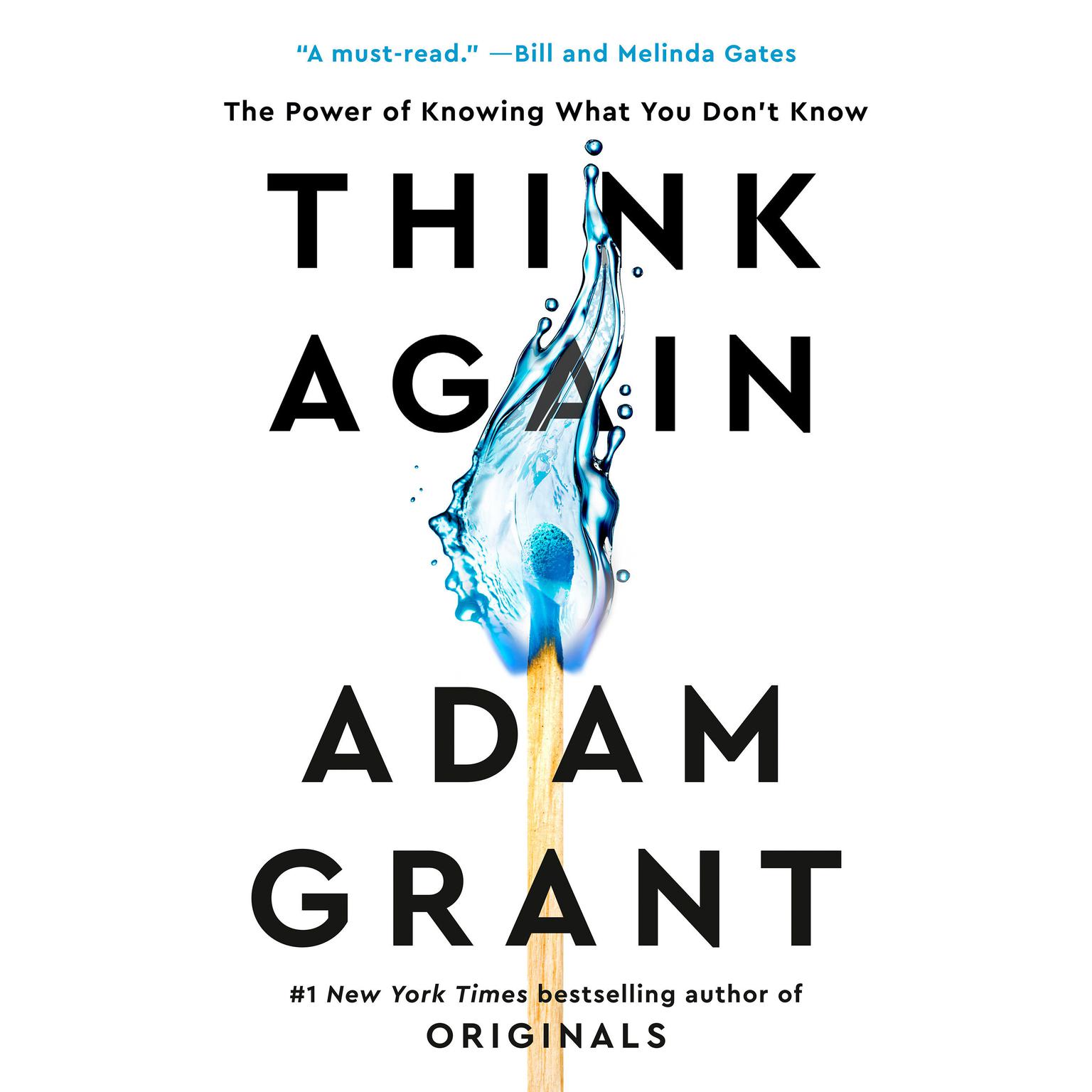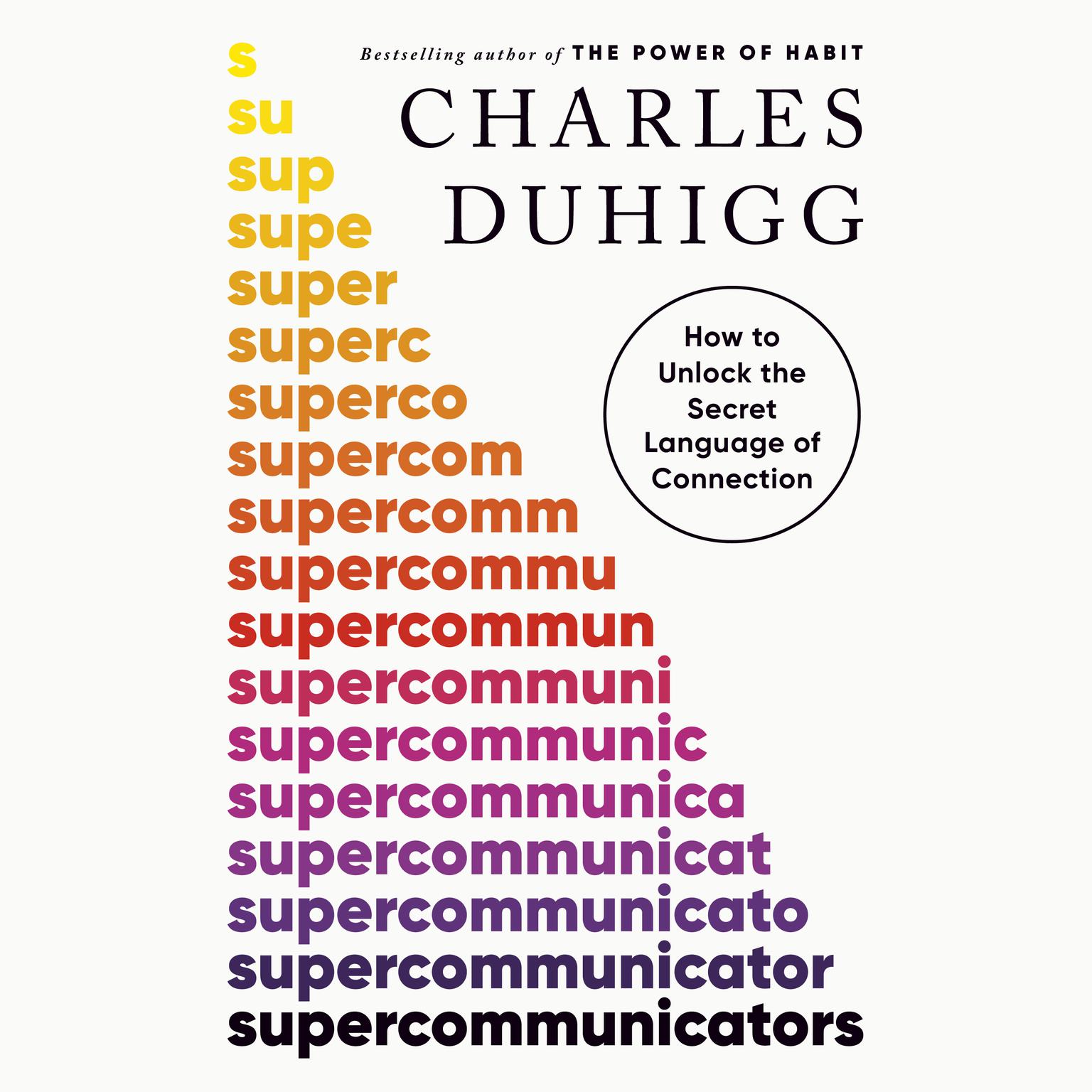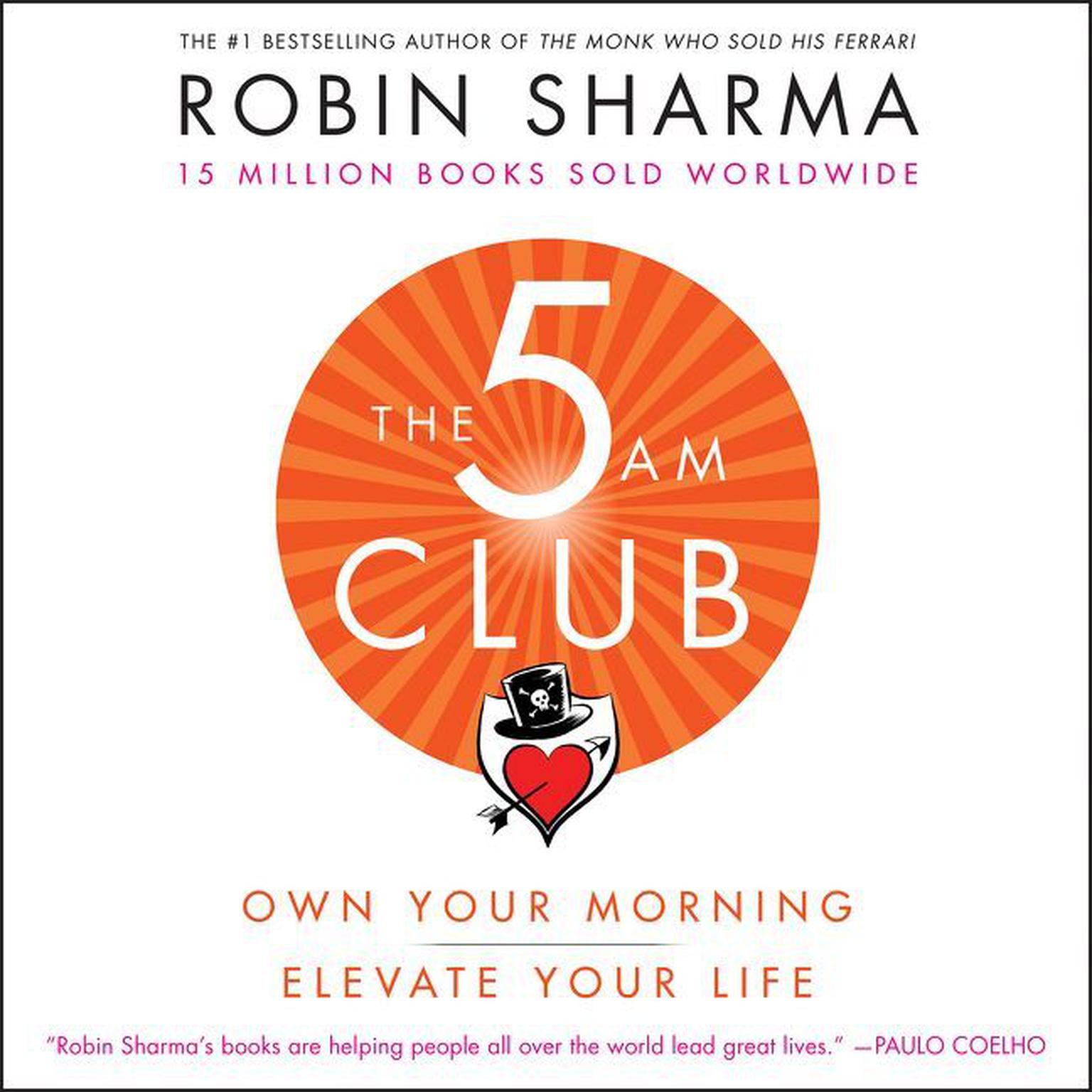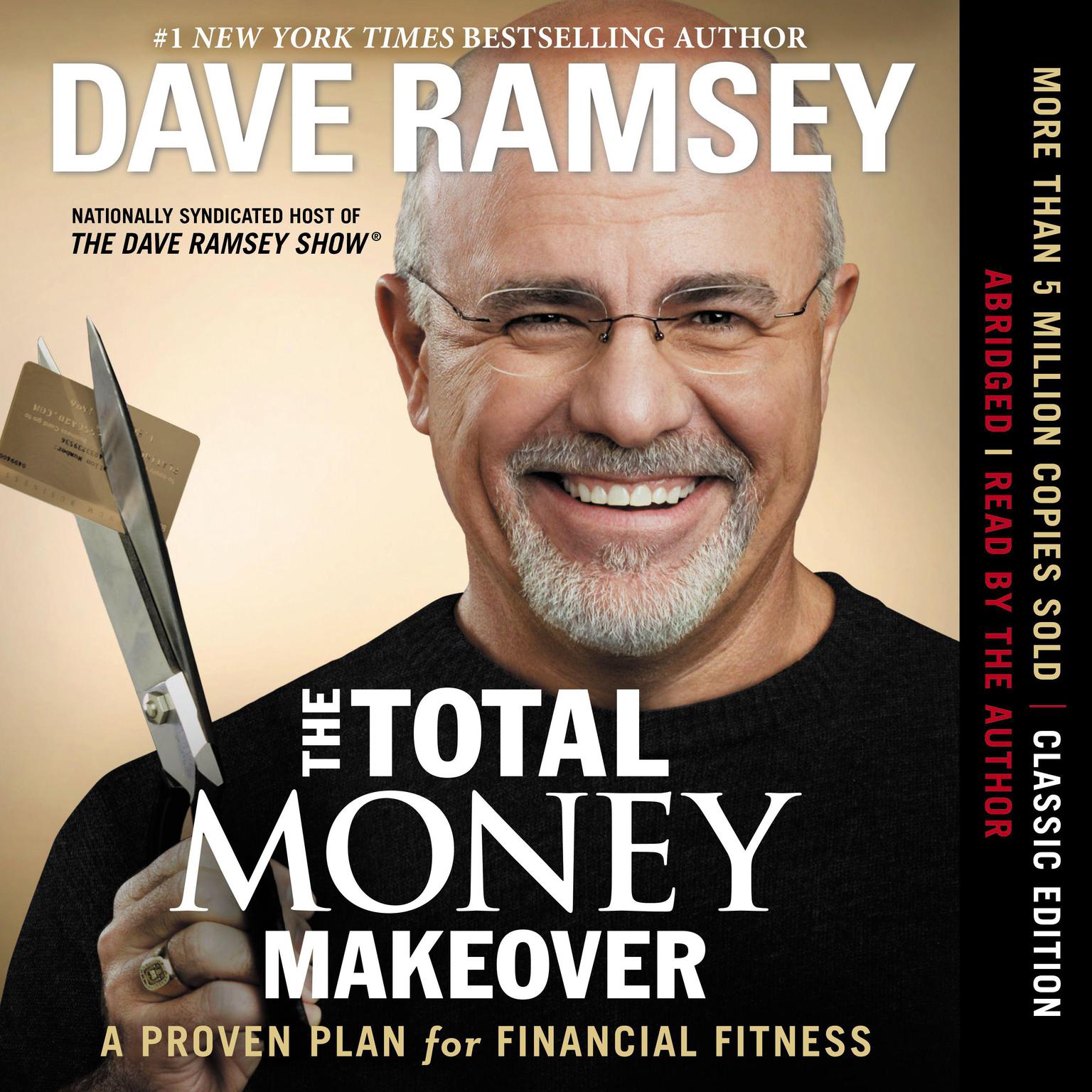Publisher Description
A successful brand creates a positive association in a customer’s mind, sells a promise, and tells a story about who we are. The virtues of creating brand identity to attract product sales have been acknowledged for decades. But branding—once considered a helpful, rather than necessary flourish—has assumed status in today’s world as a key ingredient to winning business. America pours upwards of $300 billion dollars into branding every year. On any given day, each of us is bombarded by between 3,000 and 5,000 ads. In myriad ways, we are subtly branded through every chapter of our lives: by the clothes whose logos we complacently sport, by the music we listen to, by the beverages we drink and the food we eat, by the books we read, even by the neighborhoods in which we choose to live. With hundreds of new products arriving on retail shelves every day, and the rise of cheaper foreign brands and the house brands of mega-stores like Target and Wal-Mart, American companies are increasingly resorting to image overhauls to attract customers in lieu of improvements to product quality or functionality. Identity, in a sea of nearly indistinguishable items, is more important than ever before. Yet while innovative packaging commands attention, it often does so at considerable cost to the businesses and consumers responsible for fueling an industry of shape-shifting. In this trenchant analysis of a business stratagem gone wrong, Lucas Conley offers us a long overdue investigation into our culture of obsession. From sensory specialists to word-of-mouth marketers and executives keen to leave their mark, we are introduced to the unforgettable cast of characters responsible for getting our attention from often insidious, emotionally charged angles. In a landscape punctuated by brand-churches and tribes, Conley lifts the veil on an unchecked phenomenon and requires us to consider the grave ramifications of our branded world. As hilarious as it is frightening, OBD: Obsessive Branding Disorder skillfully reexamines our buying habits to illustrate the chilling impact of the industry masterminds responsible for capturing our attention and seducing us to buy—at any cost.
Download and start listening now!
“#1.Fact : 94% of Japanese women in their twenties own a product made by the French luxury brand Louis-Vuitton.#2.Fact : LV charges more than 20% more for its products in Japan than in France, some 51 million of Japan’s 127 million citizens- 40% of the entire nation-own one of its products.
”—
Prince (4 out of 5 stars)










